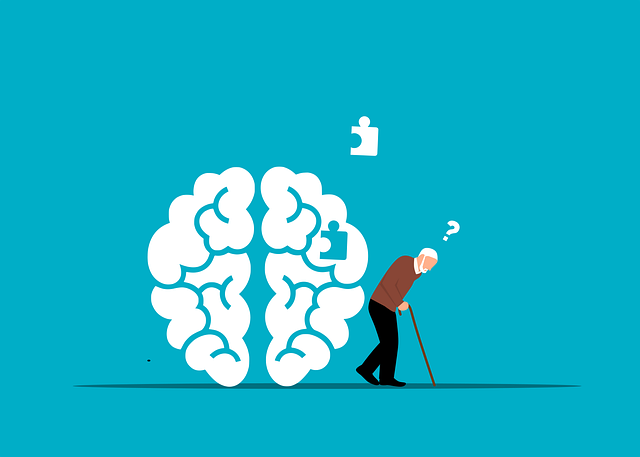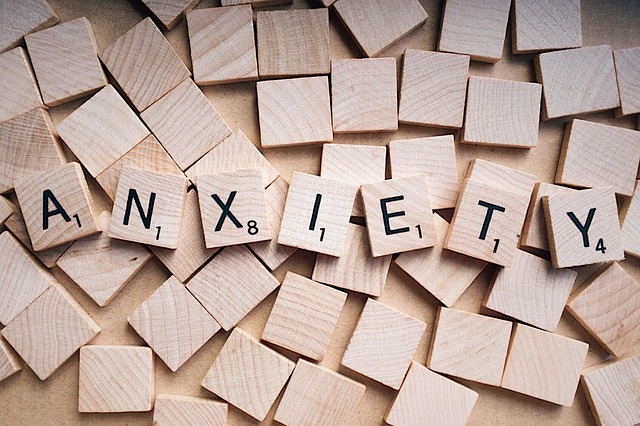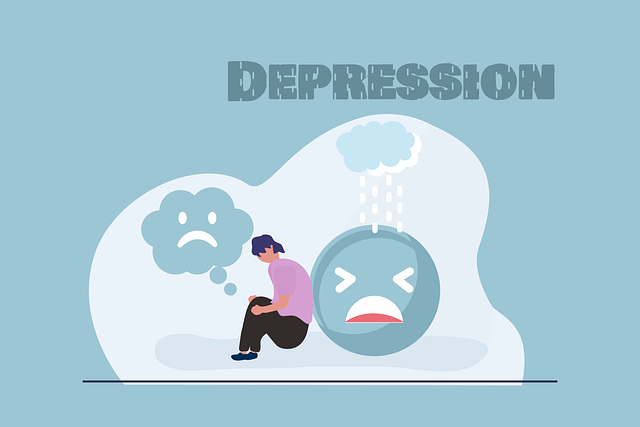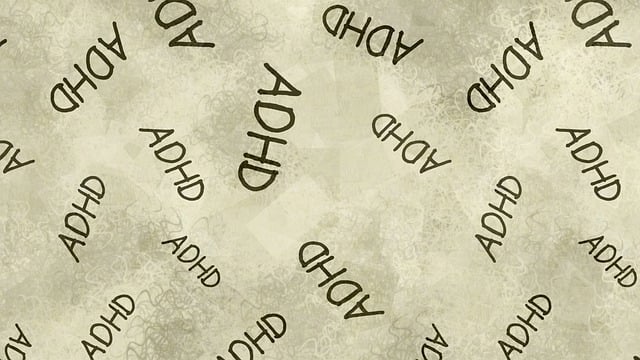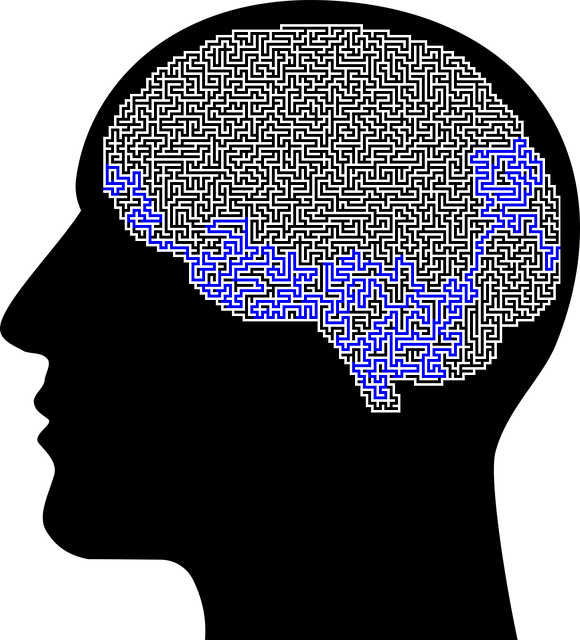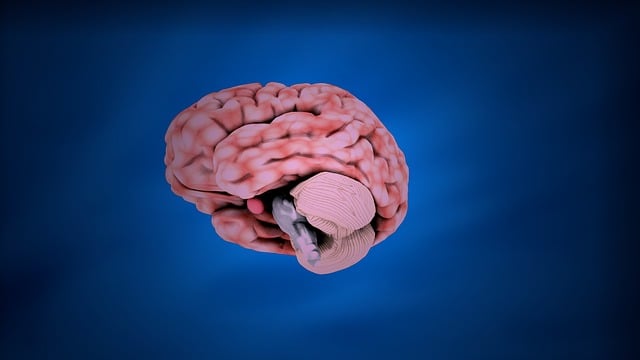Boulder Post-Traumatic Stress Disorder (PTSD) Therapy employs RFM (Recovery, Flexibility, Mastery) therapy to build resilience through evidence-based strategies. This approach focuses on challenging negative thought patterns, tailored risk assessment, and hands-on activities like climbing for stress management. Regular tracking of symptoms, emotional responses, and well-being is crucial for adjusting treatment plans and promoting effective recovery with a focus on cultural sensitivity and self-care routines.
“Uncover the transformative power of RFM (Resilience, Flexibility, and Mobility) in building mental fortitude against Post-Traumatic Stress Disorder (PTSD). This comprehensive guide explores how boulder-based exercises can serve as an innovative therapy. By combining physical movement with mindfulness, individuals can enhance their ability to cope with stress and trauma. We delve into the process of identifying PTSD symptoms and provide a structured approach for implementing and tracking progress in RFM therapy, offering a unique and effective Boulder Post-Traumatic Stress Disorder Therapy solution.”
- Understanding RFM and its Role in Resilience Building
- Identifying Post-Traumatic Stress Disorder (PTSD) Symptoms
- Implementing Effective Boulder-Based Exercises for Resilience Training
- Tracking Progress and Adjusting the Therapy Plan
Understanding RFM and its Role in Resilience Building

Resilience is a vital component of mental well-being, especially when navigating challenging situations and recovering from traumatic events. RFM (Recovery, Flexibility, and Mastery) therapy offers a unique approach to building resilience by focusing on these key principles. This therapeutic framework aims to empower individuals to cope with adversity and foster a sense of control over their lives. By combining evidence-based strategies, RFM therapy helps clients develop effective coping mechanisms to manage stress, anxiety, and even post-traumatic stress disorder (PTSD).
In the context of Boulder Post-Traumatic Stress Disorder Therapy, RFM exercises are designed to strengthen an individual’s ability to adapt and grow from traumatic experiences. The Mind Over Matter principles underlying this practice encourage clients to challenge negative thought patterns and replace them with healthier, more adaptive ones. Moreover, risk assessment plays a crucial role in tailoring these exercises to each client’s needs while ensuring safe and supportive communication strategies throughout the therapy process.
Identifying Post-Traumatic Stress Disorder (PTSD) Symptoms

Identifying Post-Traumatic Stress Disorder (PTSD) symptoms is a crucial step in navigating the path to recovery, especially in communities like Boulder where access to mental health resources is abundant. PTSD can manifest in various ways, affecting individuals both immediately following a traumatic event and long afterwards. Common signs include intense flashbacks or recurring nightmares, severe anxiety, rapid mood changes, and avoidance of places or people that trigger memories of the trauma. These symptoms can significantly impact daily functioning, making it hard for affected persons to engage in activities they once enjoyed or maintain healthy relationships.
Understanding these indicators is essential for both individuals experiencing potential PTSD and professionals organizing stress management workshops or mental health education programs design. Burnout prevention is another critical aspect, as those who have experienced trauma are at higher risk of developing burnout if not properly supported. Effective Boulder post-traumatic stress disorder therapy involves a combination of cognitive behavioral therapy, exposure therapy, and mindfulness practices tailored to each individual’s unique experience.
Implementing Effective Boulder-Based Exercises for Resilience Training

Implementing effective boulder-based exercises as part of resilience training is a powerful approach to address post-traumatic stress disorder (PTSD) and enhance overall well-being. This innovative therapy leverages the physical and mental challenges presented by climbing or navigating rough terrain, offering a unique form of treatment for those dealing with PTSD symptoms. By engaging in these exercises, individuals can develop a sense of control and mastery over their bodies and minds, which is crucial for managing stress and trauma responses.
Boulder-based therapy provides an opportunity for mental health professionals to incorporate hands-on activities into risk assessment and self-care practices. Through careful guidance, therapists can help clients build resilience by challenging them to overcome physical obstacles, fostering a sense of accomplishment. This not only improves their ability to cope with stressful situations but also encourages the adoption of healthy self-care practices for ongoing stress management. Such exercises have been shown to be particularly beneficial in treating PTSD, as they promote emotional regulation and encourage individuals to confront and process traumatic memories in a safe and controlled environment.
Tracking Progress and Adjusting the Therapy Plan

Tracking progress is a vital component of effective Boulder Post-Traumatic Stress Disorder (PTSD) therapy. By regularly assessing a patient’s symptoms, emotional responses, and overall well-being, healthcare providers can tailor their treatment plans to meet individual needs. This iterative process involves utilizing standardized assessment tools, clinical observations, and patient self-reporting to identify areas of improvement and emerging challenges. For instance, tracking progress might reveal that a patient is managing anxiety symptoms more effectively but still struggles with nightmares.
Adjusting the therapy plan based on these insights allows for personalized care. Healthcare providers can incorporate specific techniques or strategies to address new concerns while refining existing ones. Incorporating emotional intelligence and cultural competency training ensures that the therapy remains sensitive to the patient’s unique background and experiences. Additionally, promoting Self-Care Routine Development for Better Mental Health can empower patients to actively participate in their recovery journey, further enhancing the effectiveness of the treatment plan.
The implementation of RFM and resilience building exercises, coupled with tracking progress and adjusting therapy plans, offers a comprehensive approach to addressing post-traumatic stress disorder (PTSD). By utilizing boulder-based exercises as a therapeutic tool, individuals can enhance their mental fortitude and develop effective coping mechanisms. This integrated strategy not only facilitates the healing process but also empowers individuals to navigate life’s challenges with greater resilience, ultimately improving their overall well-being and quality of life. For those struggling with PTSD, embracing these innovative techniques can be a transformative game-changer in their journey towards recovery.

